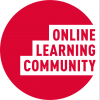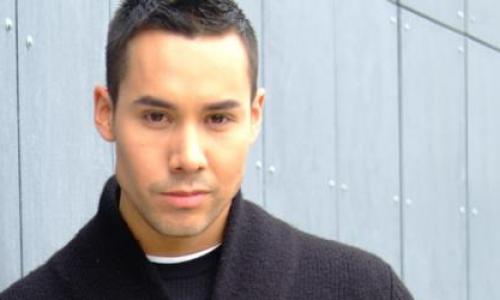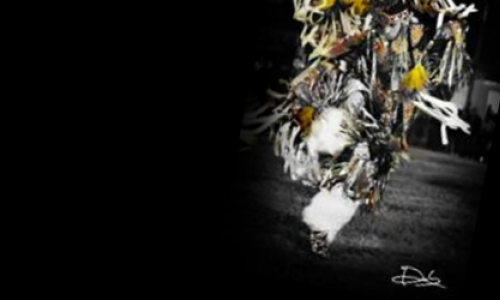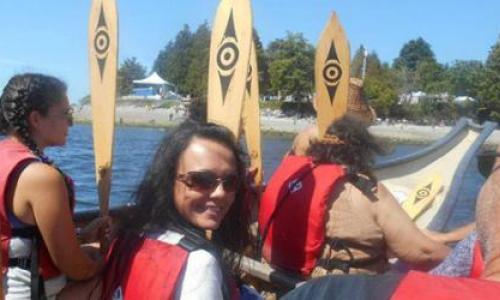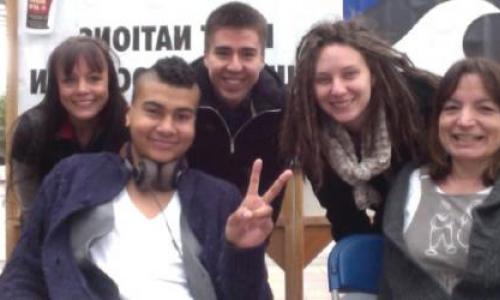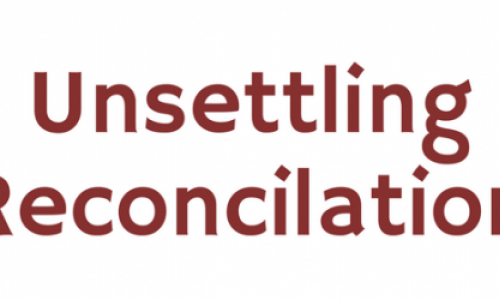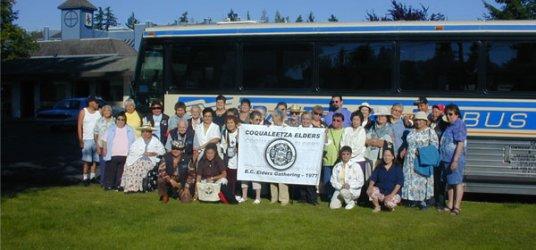
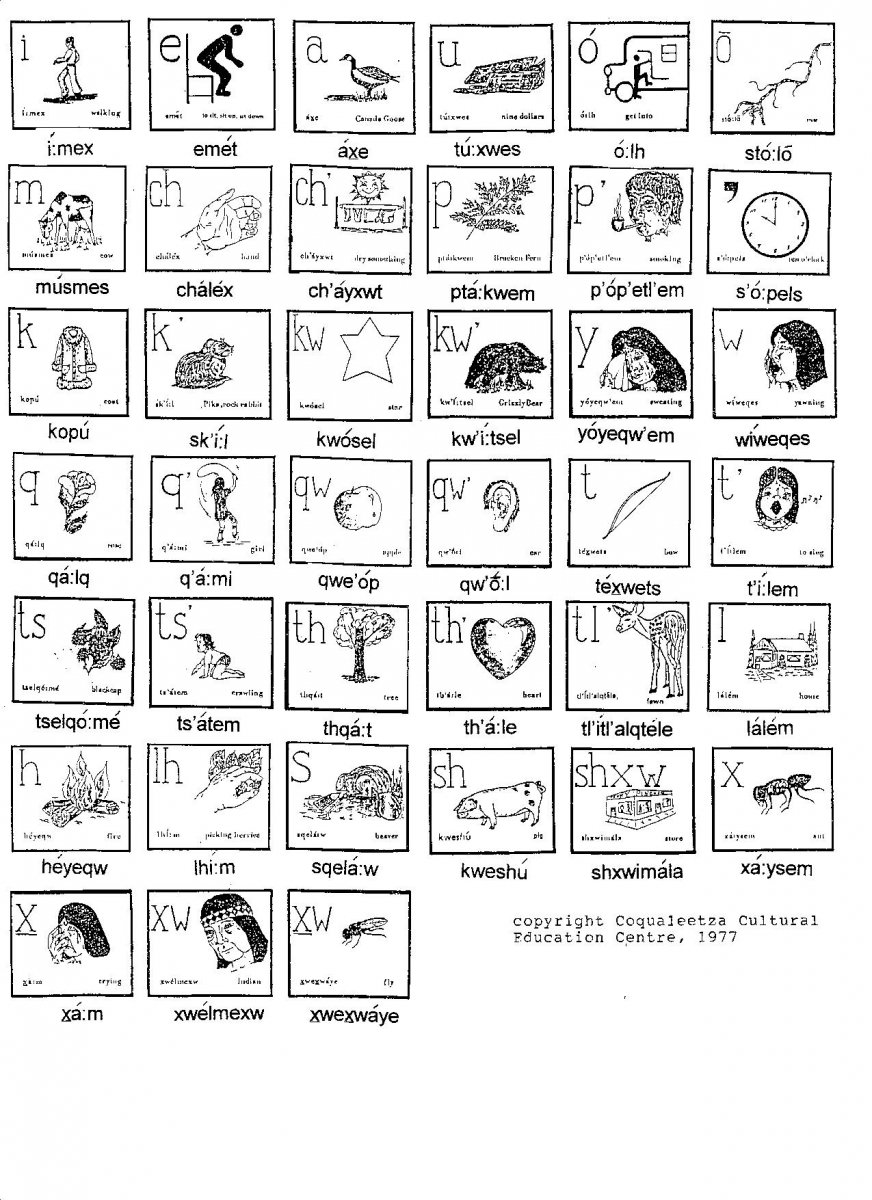
Coqualeetza Cultural Education Centre
"Language is Culture, Culture is Language..."
HALQ'EMEYLEMQEL ~ the Sto:lo Alphabet
The following chart illustrates the officially adopted writing system for the Halq'emeylem language. This system was derived by the fluent speaking Elders of the Sto:lo territory with the assistance of linguist Brent Galloway. Acknowledgement and appreciation is extended to the many individuals who had the forsight to begin recording and documenting the language. These individuals grew to become known as the Skulkayn Heritage Project; then in turn the Coqualeetza Elders Group. The Coqualeetza Elders (fluent speakers) officially adopted this writing system in 1975. To them we graciously say, "Tset xwelchesem late lhewelep" 'We raise our hands in thanks and respect"
Coqualeetza Cultural Education Centre has the main purpose of promoting, preserving and interpreting Sto:lo Lifestyle, Language, Traditions, and Heritage, from the Sto:lo point of view.
-
To operate a cultural education centre in the Sto:lo area under the guidance of Sto:lo Elders for the use and benefit of the Sto:lo and other First Nations.
-
To promote recognition of the rights and freedom of First Nation peoples to protection, revitalization, maintenance and use of their ancestral languages.
-
To continue enhancing the Archival database with emphasis on family trees and/or history.
-
To develop and/or provide bilingual educational, recreational, and spiritual, materials for wholistic development in order to increase positive attitudes of and for First Nations peoples.
-
To complement other efforts in bilingual education, social, spiritual and economic development.
-
To strengthen communication and cultural awareness between the Sto:lo and the public through networking, partnership and the media.
Our main strengths are the active participation and guidance of Elders and the flexibility in responding to community needs and the belief that societal problems must be resolved from within - individuals and communities have the answers!
We provide programs and services in cultural education:
-
Halq'emeylem Instruction
-
Bilingual Curriculum Development
-
Cultural Consultation
-
Elders Weekly Meetings
-
Workshops - Shxwetetilthet (Sto:lo Nation Alternative School)
-
Archives - traditional use studies, genealogical studies, research papers
-
Library
-
Gift Shop
-
Cultural Workshops
-
Sto:lo Sitel Curriculum Development
-
Sto:lo Musuem
-
Liaison
-
Cross Cultural Awareness
-
Partnerships
The Centre is governed by a 7 member Board of Directors who serve for two year terms. There is an annual general meeting held in June of each year.
The Centre obtains it's funding from the Department of Indian and Northern Affairs, cultural education program and is based on a per capita formula and band council resolutions. Currently 15 First Nations support the centre, however two support by band council resolution without a per capita rate.
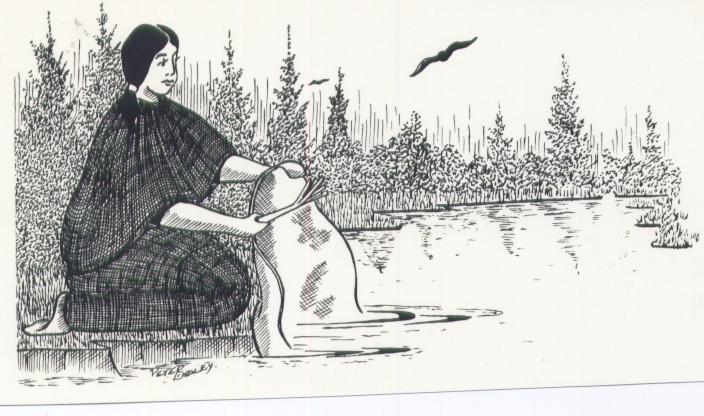
Culture is the basis for an identity. Without it, one is lost. First Nation cultures have always produced individuals with a sense of dignity, pride, self-esteem, a sense of confidence and knowledge of one's place in the family, clan, nation and universe. The absence of cultural knowledge or experience attack's one's self-esteem. The total absence of First Nations culturally oriented education has disastrous effects on the very core of the First Nations child - his identity.
Each cultural Centre provides a strong cultural support base to their community, from language classes, arts and crafts training, traditional social gathering, ceremonial, research, development and publishing. Cultural Centres have accomplished a tremendous amount of work over the last 33 years to preserve and maintain our First Nation languages, traditions and values as espoused by our rich and vibrant cultures. A great urgency persists to move beyond the barriers that diminish capacity building. These barriers prevent us from celebrating the true value of our languages and cultures.
Over the years, numerous studies and reports have confirmed that cultural education remains as relevant today as it was at the programs inception. In recognition of this, the federal government has repeatedly committed to supporting the protection, retention, and revitalization of First Nations languages and cultures. These principles have also been supported by First Nations independently and through the Assembly of First Nations.
Unlike minority immigrant cultures, First Nation people are indigenous populations who have been marginalized in their own territories over time. They have nowhere to go back to if they wish to engage their living culture. The longstanding and constant threat to the languages and cultural identities of First Nations people and the lack of knowledge and understanding by Canadians generally is an ongoing stress. In a study published by the FNCCEC in September 2002, the author writes:
"The process of decolonization includes learning personal, family, and community history, and discovering more about personal cultural identity and the positive and negative forces that have influenced the way we live today. Healing often takes the place in this process of discovery and recovery .... (Relating this to decolonization). It involves systematic steps by government, economic, social, legal, and education systems to remedy and restore conditions in such areas as housing, employment, discrimination, and to build genuine respect for aboriginal culture and aspiration for self-direction and self-governance." (FNCCEC - The Mind and Spirit of Life, Language and Related Cultural Practices for Restoring First Nations Family and Community Health, September 2002)
The importance of the cultural Centres in the protection, preservation and revitalization of First Nation language cannot be exaggerated. Centres cannot be expected to function and thrive on inadequate resources. As the population they serve grows and diverges, Centres must adapt, developing training tools that respond to the most recent technology. In order to enhance programming, Centres require stable and predictable resources to hire knowledgeable staff, develop appropriate media and gauge their own effectiveness.
As a truly grassroots drive initiative, the cultural Centres program is highly efficient. Centres have minimal full frame staff, making optimal use of volunteers. Because the languages and cultures differ greatly, no texts exist nor is there a model program that can adequately anticipate or address the needs of cultural groups. As a result, cultural centres must be highly responsive to the needs and situation of their particular community, which demands effective communication and creative approaches.
Given the present circumstances limited funding is available to Cultural Centres across Canada, they are forced to seek supplementary funding to meet the goals and objectives of each respective Centre. Coqualeetza Cultural Education Centre is moving toward this very objective.
Did you know...
The Coqualeetza Cultural Centre is managed by a manager and is governed by a seven member Board of Directors. There are two full time staff and two part time staff - Halq'emeylem Instructor, Elder's/Cultural Program Co-ordinator, Bookkeeper. The Centre solicits volunteers on a regular basis and takes part in job development, job training, and student summer employment programs.
For more information about the centre and its programs including Student awards visit coqualeetza.com








